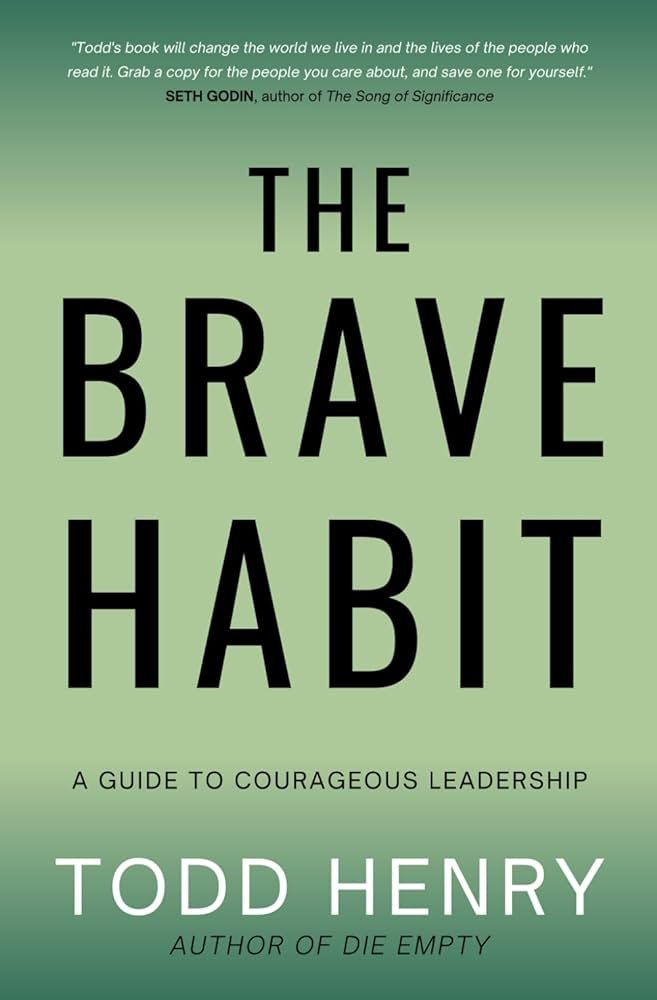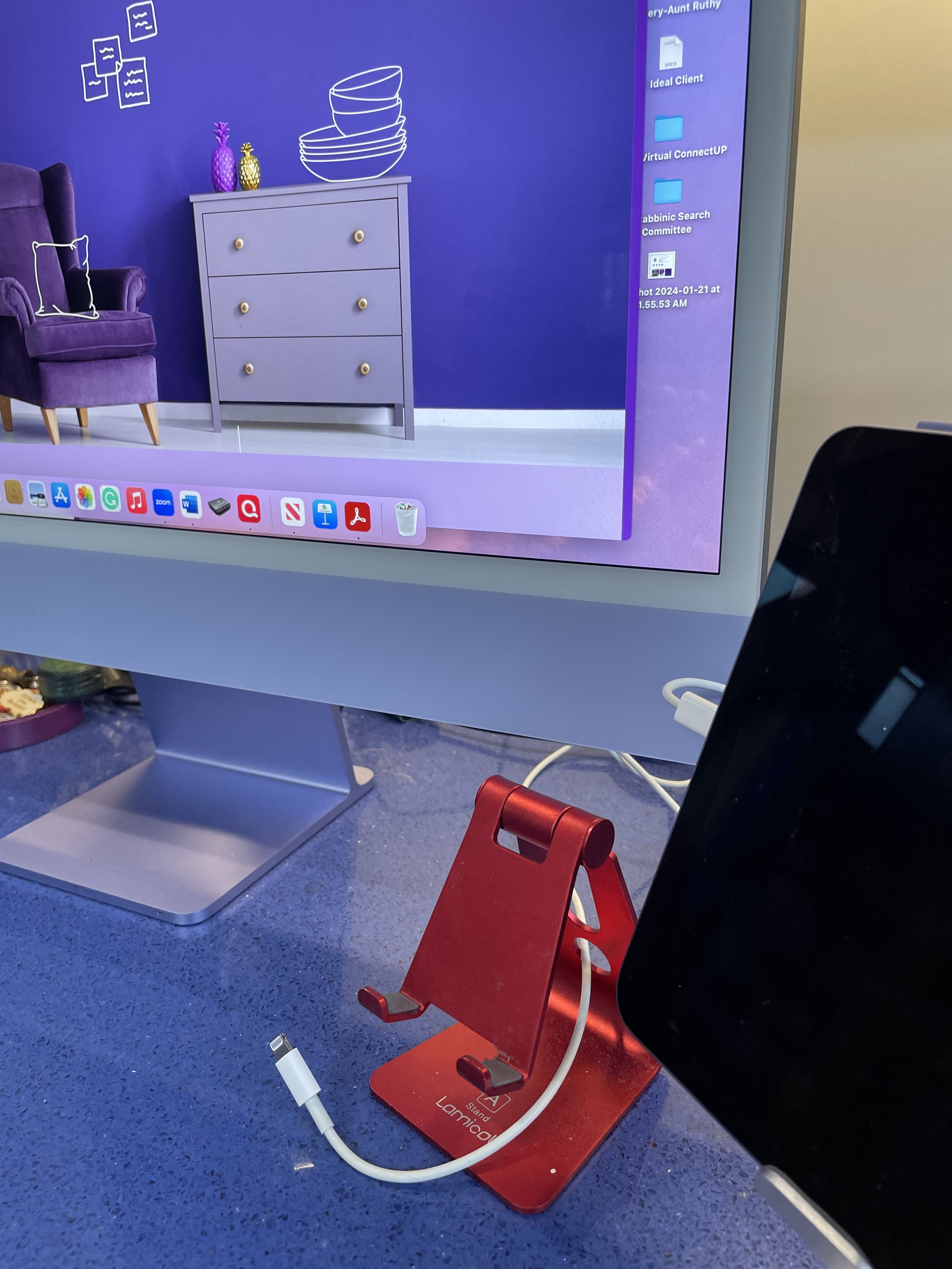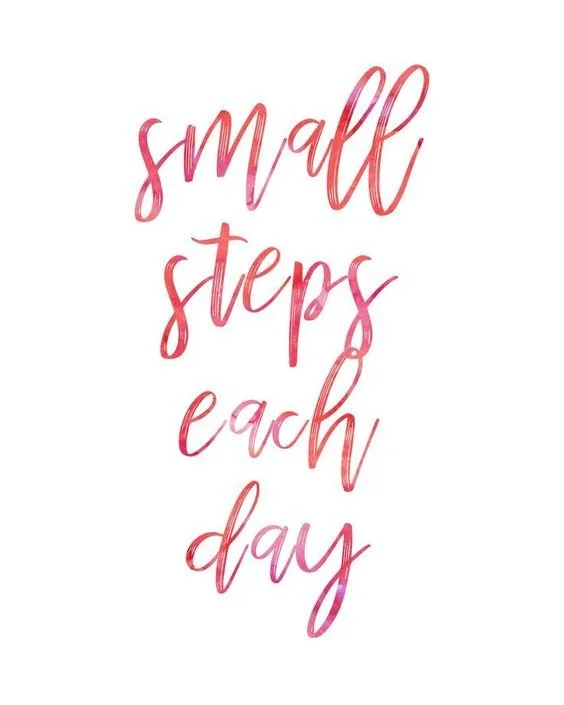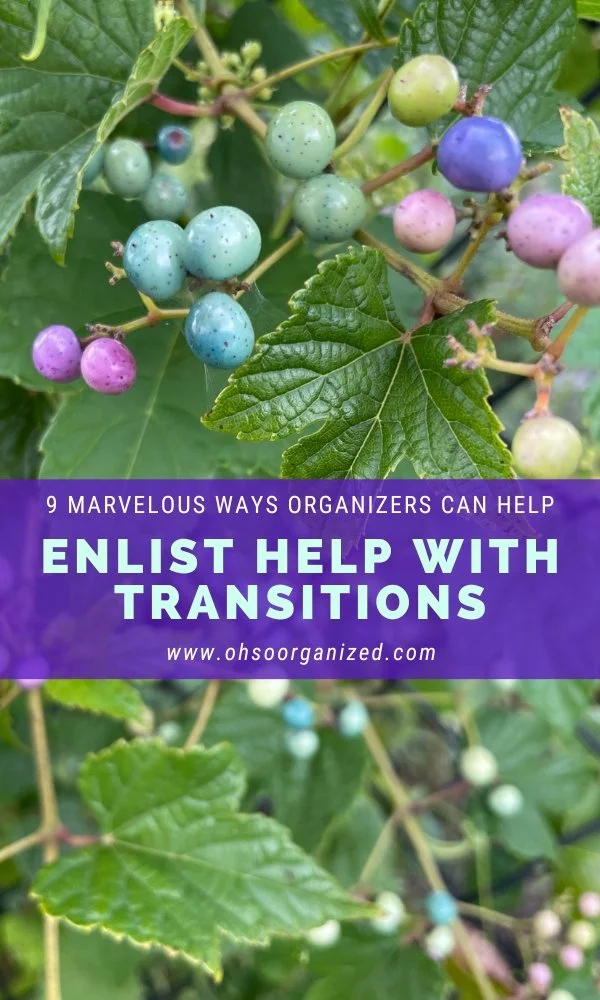This is the newest release (v44) of the “What’s Interesting?” feature, with my latest finds that inform, educate, and relate to organizing and life balance. These unique, inspiring, next step discoveries reflect this month’s blog theme.
You are a passionate, generous, and engaged group. I am deeply grateful for your ongoing presence, positive energy, and contributions to this community. I look forward to your participation and additions to the collection I’ve sourced.
What do you find interesting?
What’s Interesting? – 5 Best Next Step Discoveries
1. Interesting Read – Brave Next Step
Fear can color your choices and how you experience your life. In Todd Henry’s new work, The Brave Habit – A Guide to Courageous Leadership, his goal is “to inspire an epidemic of everyday brave action.” He says, “Bravery exists when we have a vision for a better possible future, and we trust that we have agency to help bring it about.” These ideas are further explored by examining what happens when low to high perceived agency is paired with optimistic or pessimistic visions.
When thinking about the next steps and the consequences of your actions, Todd says, “…almost every action you take, or choice you make has a lingering impact on the world around you, and over time, the impacts of those actions are exponential.”
Todd created The Brave Index to accompany the book. It’s a quick survey that helps you identify areas to develop your capacity for brave work and leadership. Based on your responses, you will receive a customized action plan. Todd says, “Don’t fear wrong action, fear inaction … One small step in the face of fear is enough to dispel its hold on you.”
2. Interesting Workshop – Clutter-Free Next Step
Does your next step include reducing clutter, overwhelm, and disorganization? One in four people struggle with clutter, which can affect their anxiety levels, relationships, sleep, and focus.
If you’re in the Westchester area near Croton on Hudson, New York, join me, Linda Samuels, Professional Organizer, for a live in-person workshop on How to Conquer Clutter. On Thursday, March 21st, from 5:30-7:30 pm Eastern, I’ll present at Design Lab’s monthly speaker series, sponsored by Denise Wenacur of DW Design & Décor. Come say “hi,” network with local professionals, enjoy yummy beverages and treats, and learn empowering clutter insights and solutions.
3. Interesting Article – Unplugged Next Step
March 1st was the Global Day of Unplugging. For 24 hours, we were encouraged to unplug, unwind, relax, and engage in activities that did not involve technology, electronics, or social media.
Did you miss it? That’s OK. You can create your own “unplugged” day or a part of a day at any time. Several of my colleagues wrote terrific articles about the benefits, history, and ideas for unplugging. Is stepping away from your devices next on your agenda? Find inspiration here:
How to Unplug Your Home for the Ultimate Digital Detox by Teresa Siqueira
Celebrate the Global Day of Unplugging by Julie Bestry
How Unplugging Can Fuel Your Creativity and Forward Movement by Yota Schneider
“One small step in the face of fear is enough to dispel its hold on you.”
4. Interesting Resource – Beneficial Next Step
Spring is next. This is an excellent time for editing, letting go, and decluttering your closets and drawers. Do you have clothing and accessories you no longer need, want, or fit? If so, you can clear space and help others.
Consider donating your clothing to The Benefit Shop Foundation Inc. You can drop off things at 185 Kisco Avenue, Suite 101, Mount Kisco, New York. Items will be accepted in March and April, Monday through Friday, from 11 am to 4 pm. Donations are tax-deductible, and tax forms will be available.
The Benefit Shop Foundation will host a fashion pop-up sale on May 17th and May 18th from 10 am to 4 pm. Proceeds will go to various local community-based organizations that help people who live and work in the area.
5. Interesting Thought – Small Next Step
Figuring out what to do next can feel overwhelming. When unsure what to do next or feeling the enormity of a project’s scope, next seems elusive. Instead, focus on making consistent, tiny movements forward.
Each small step lets you experience progress, boosts your motivation, and moves you closer to your goal. Make your next step small and manageable. Do and repeat. Action is your key to progress.
Do you have an interesting, next-step-related discovery? Which of these resonates with you? I’d love to hear your thoughts and invite you to join the conversation.
If you need help deciding on your next step, I’m here to help. Please email me at linda@ohsorganized.com, call 914-271-5673, or schedule a Discovery Call. Figuring out next is doable, especially with support.
















